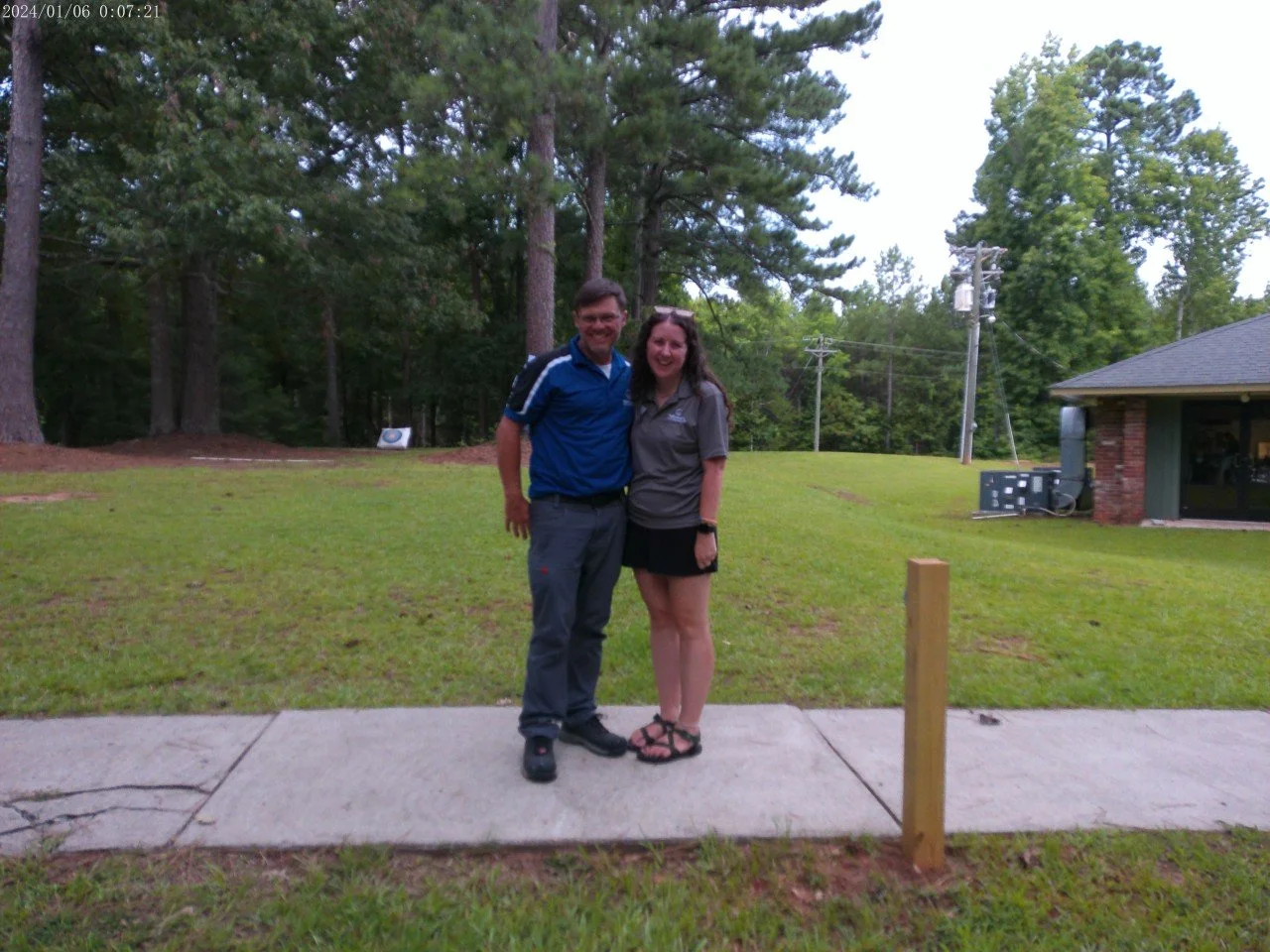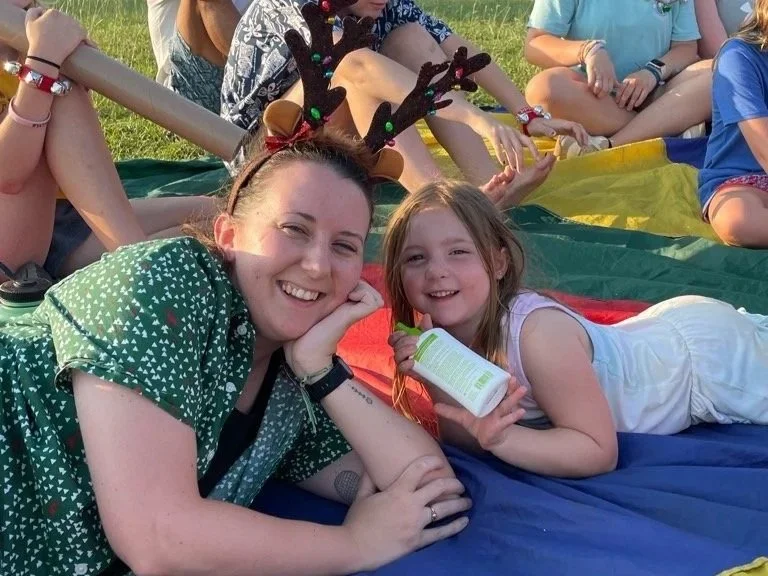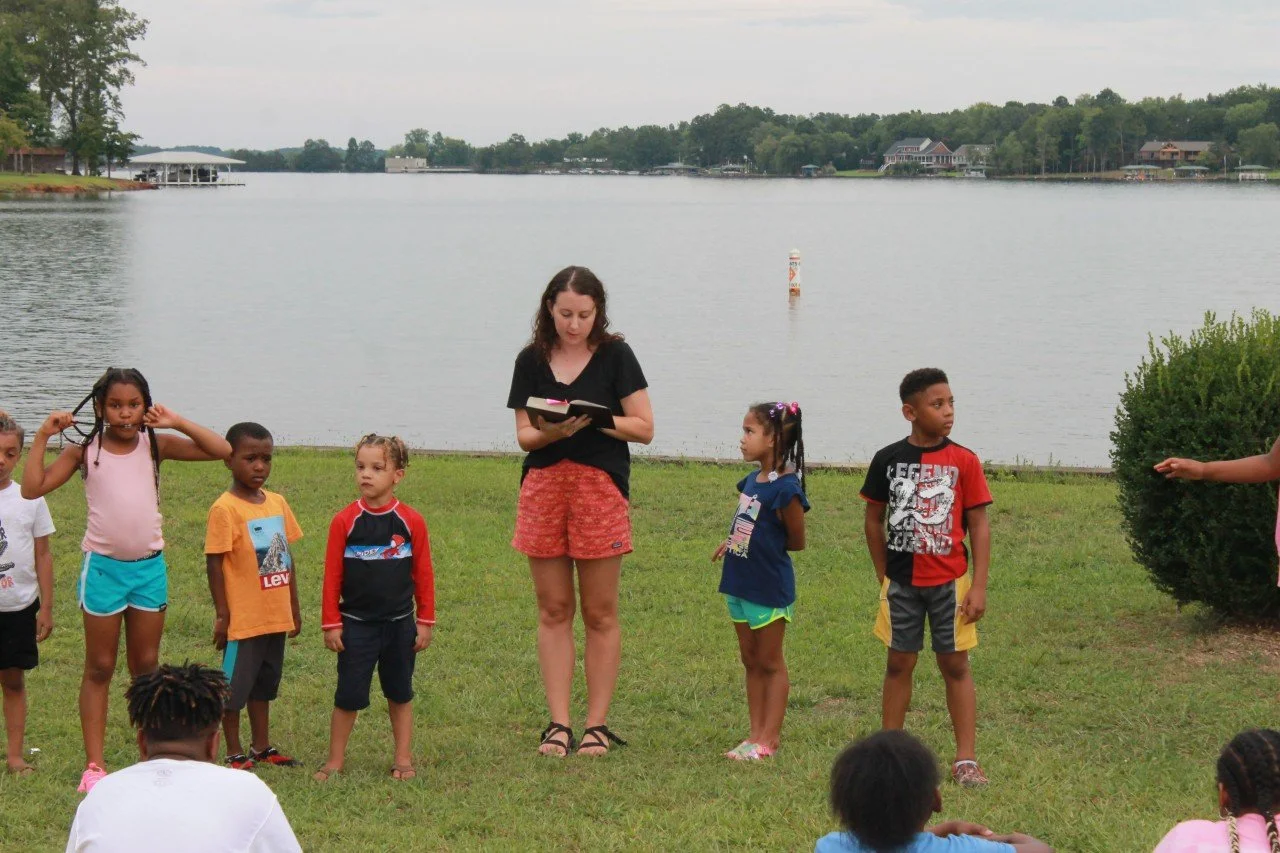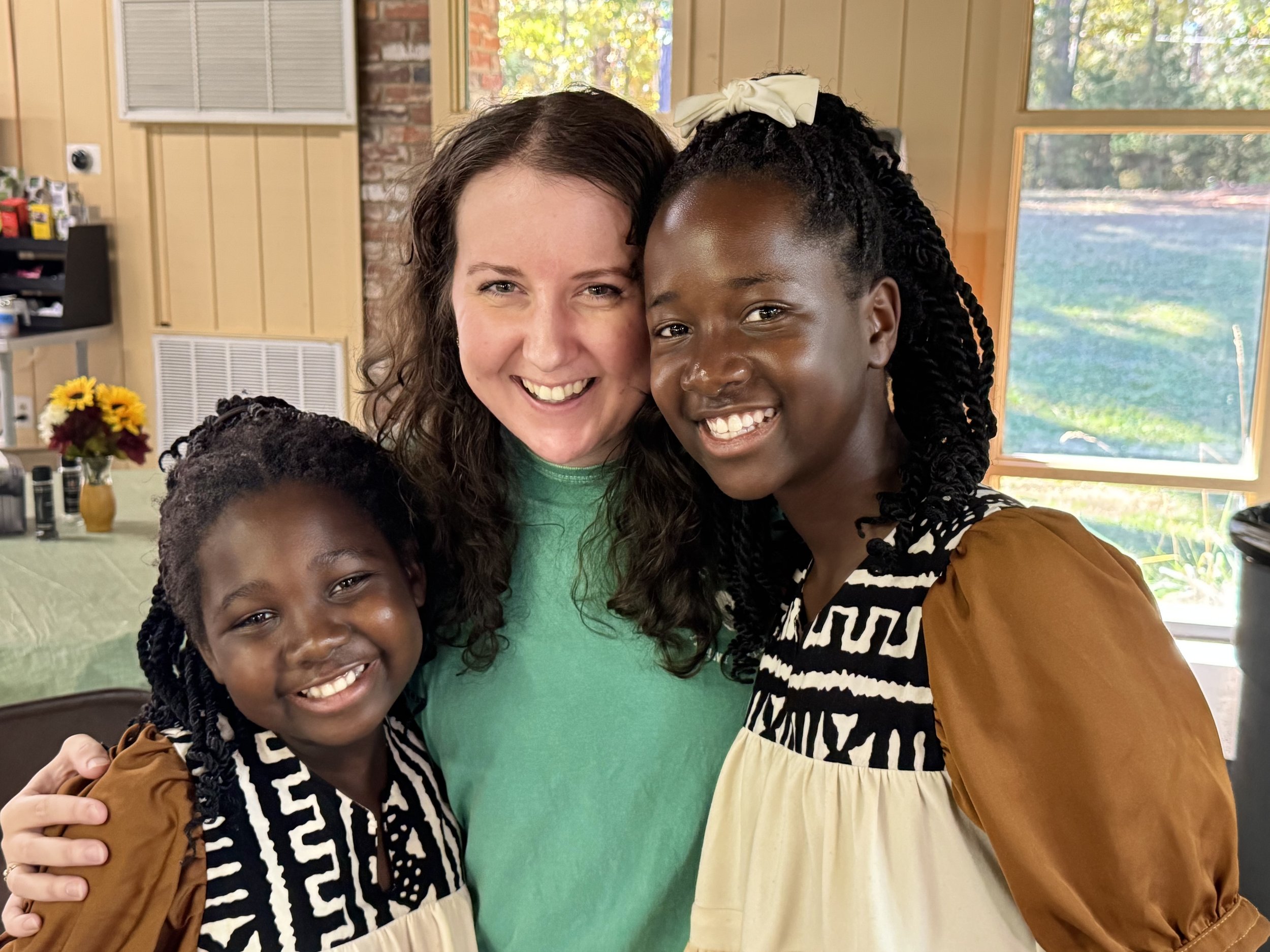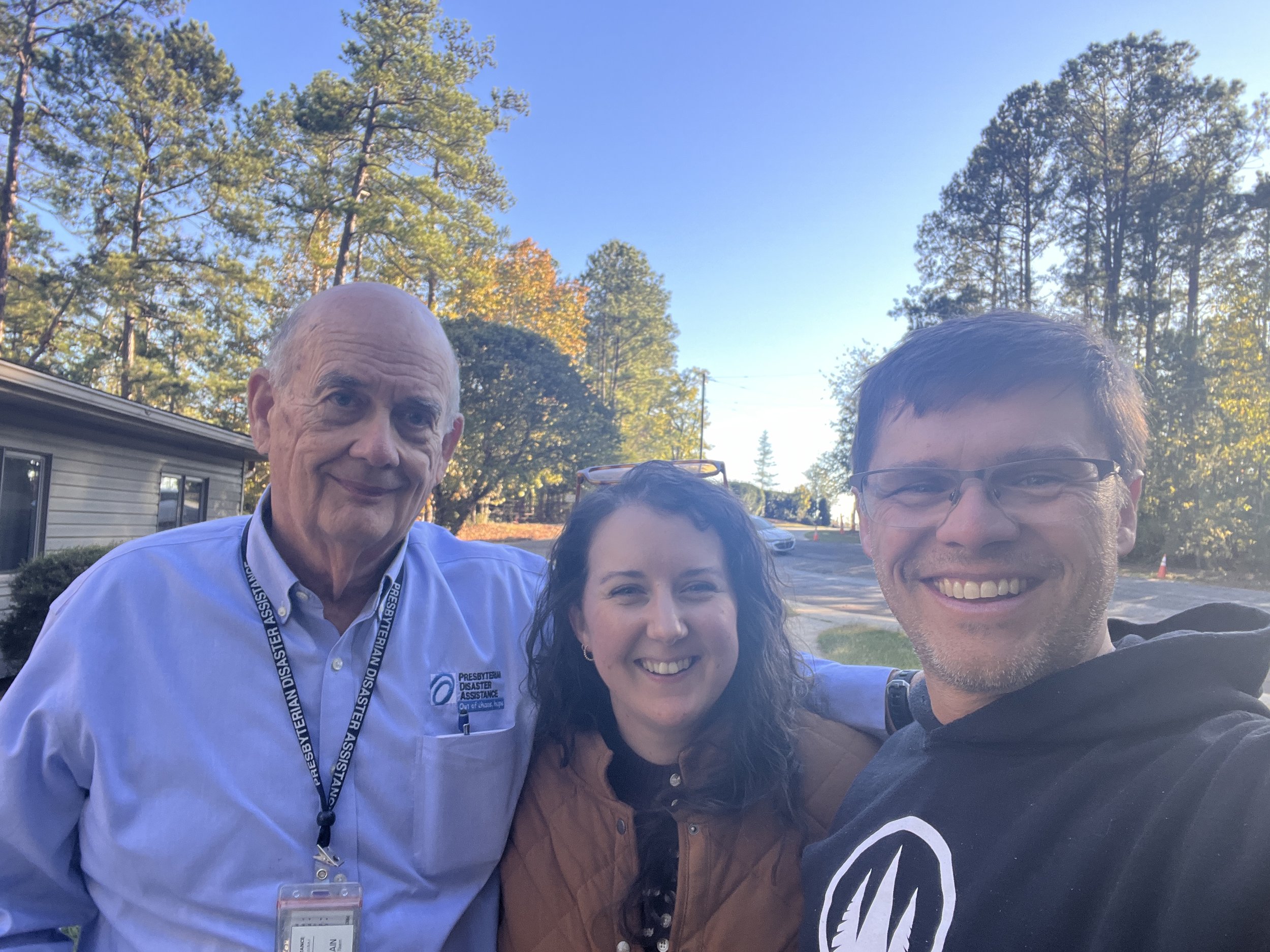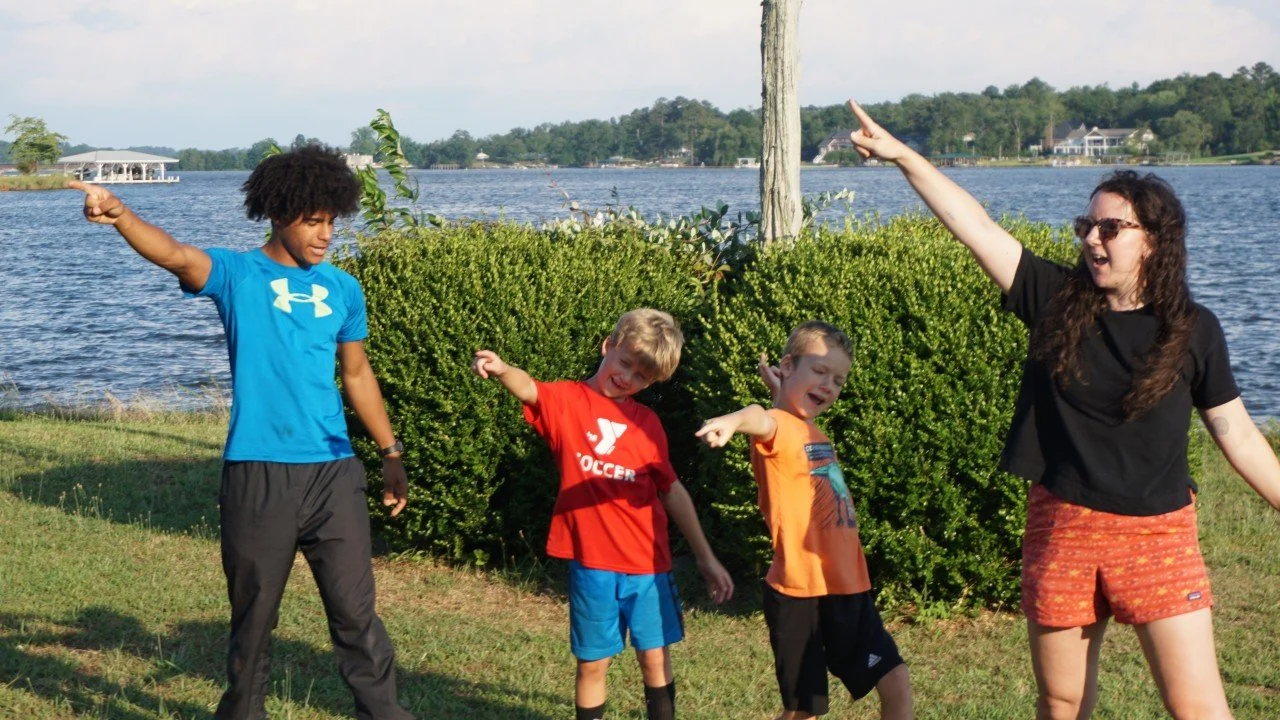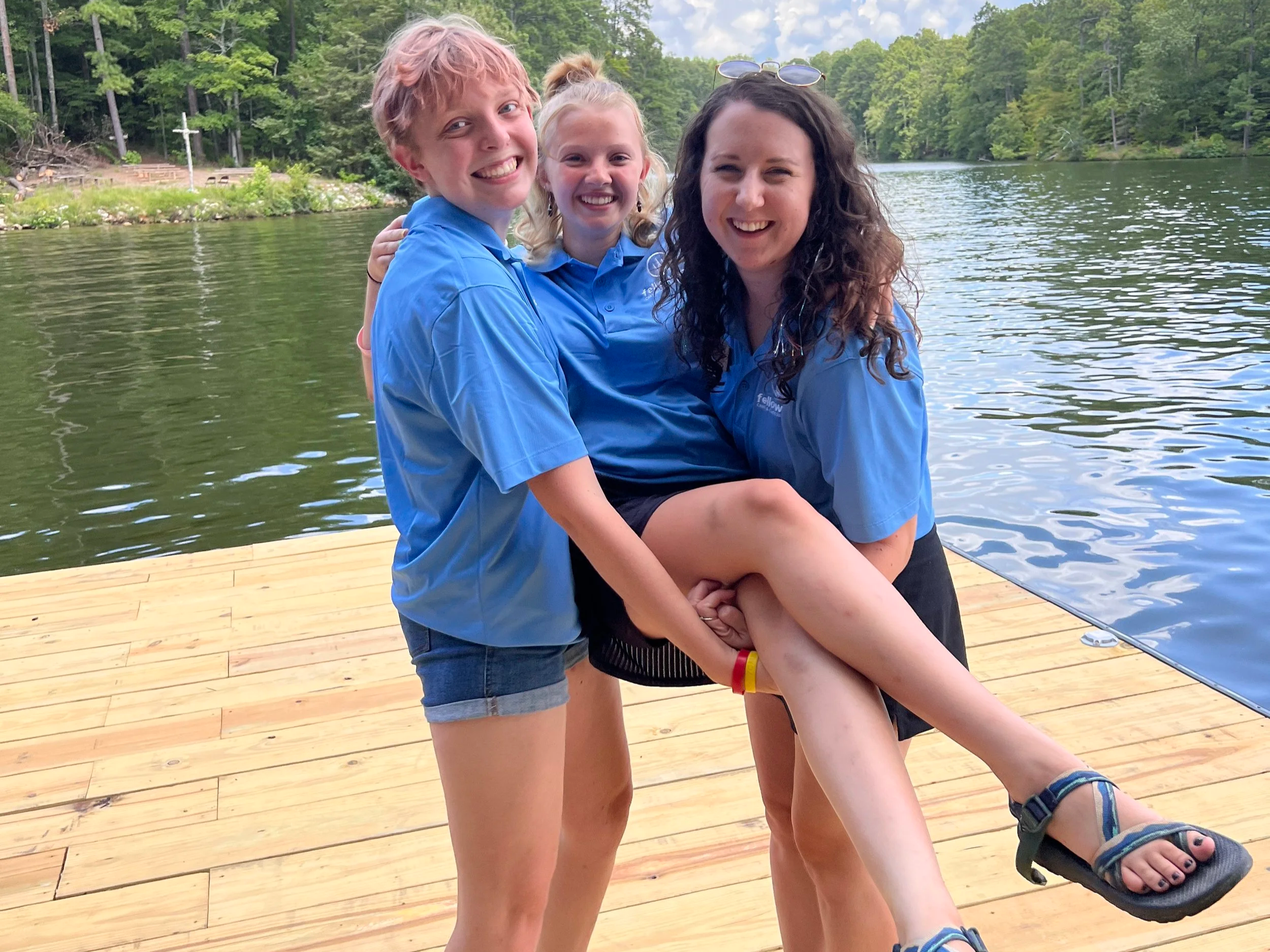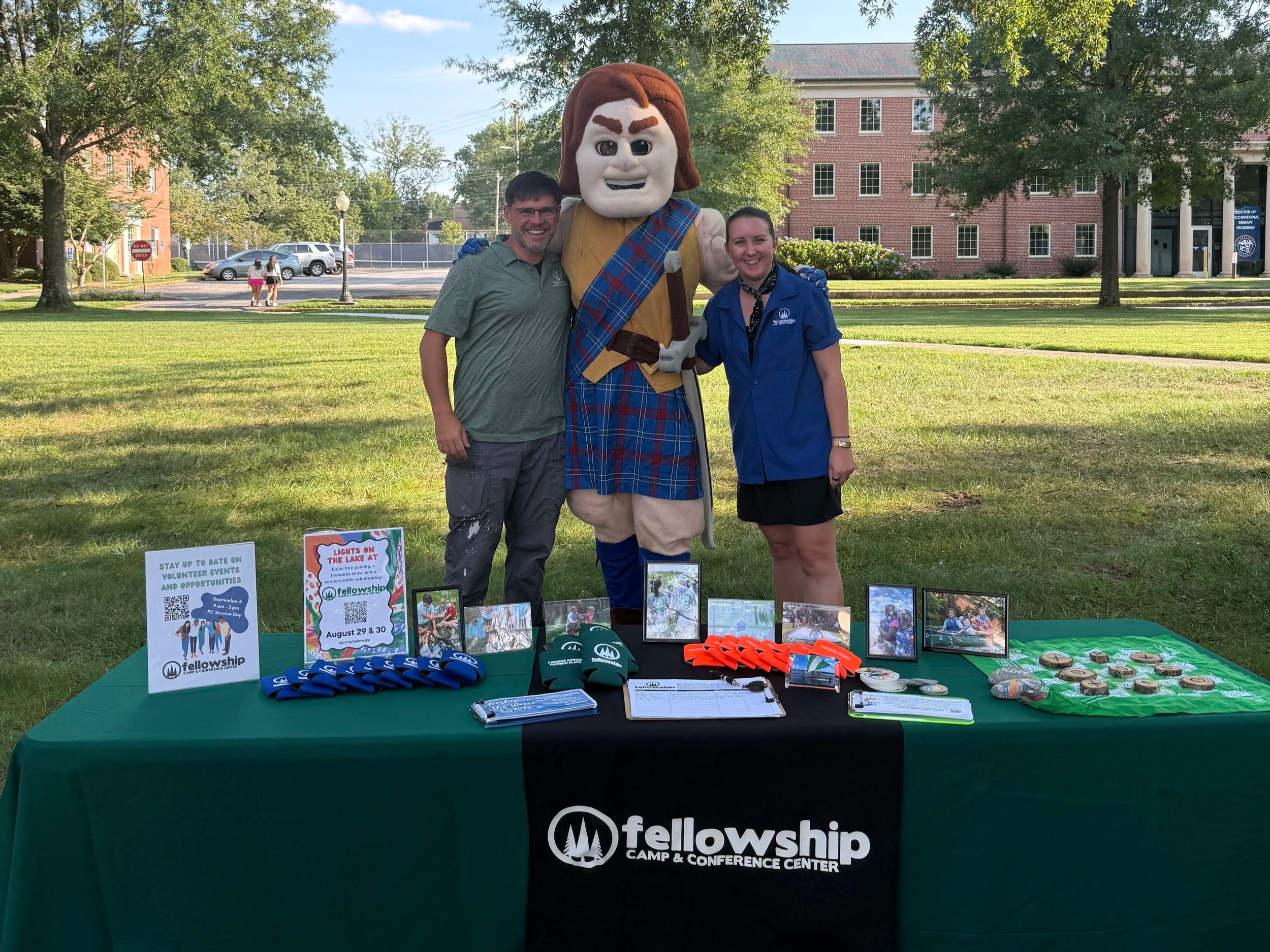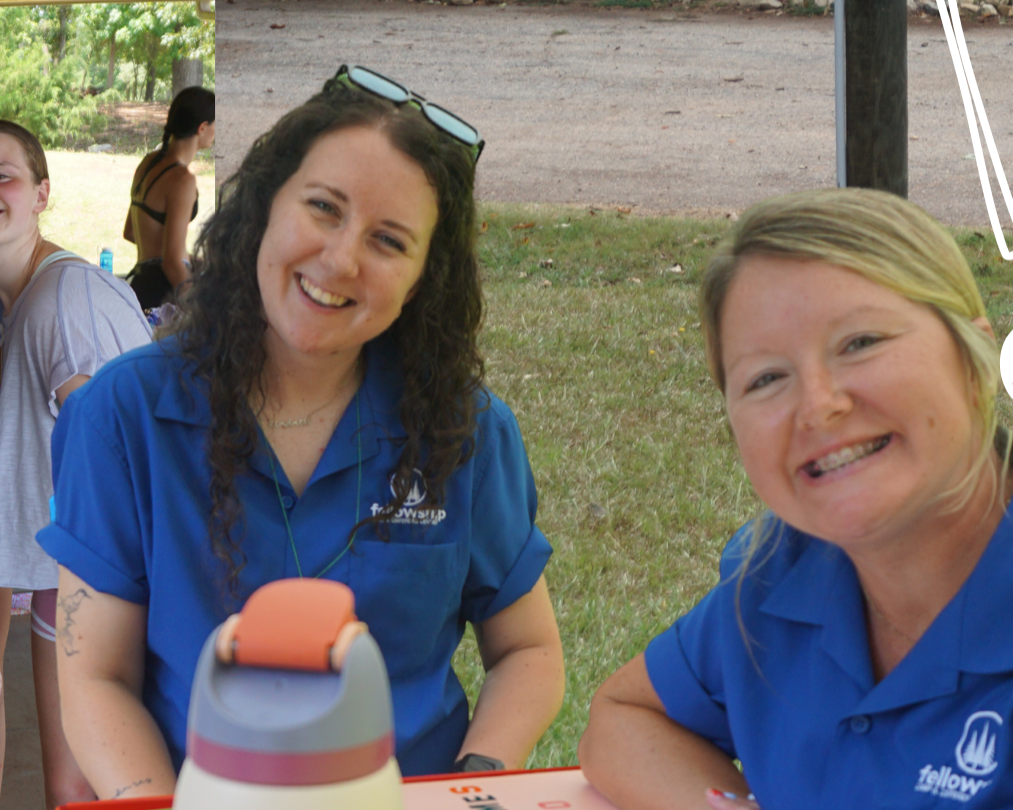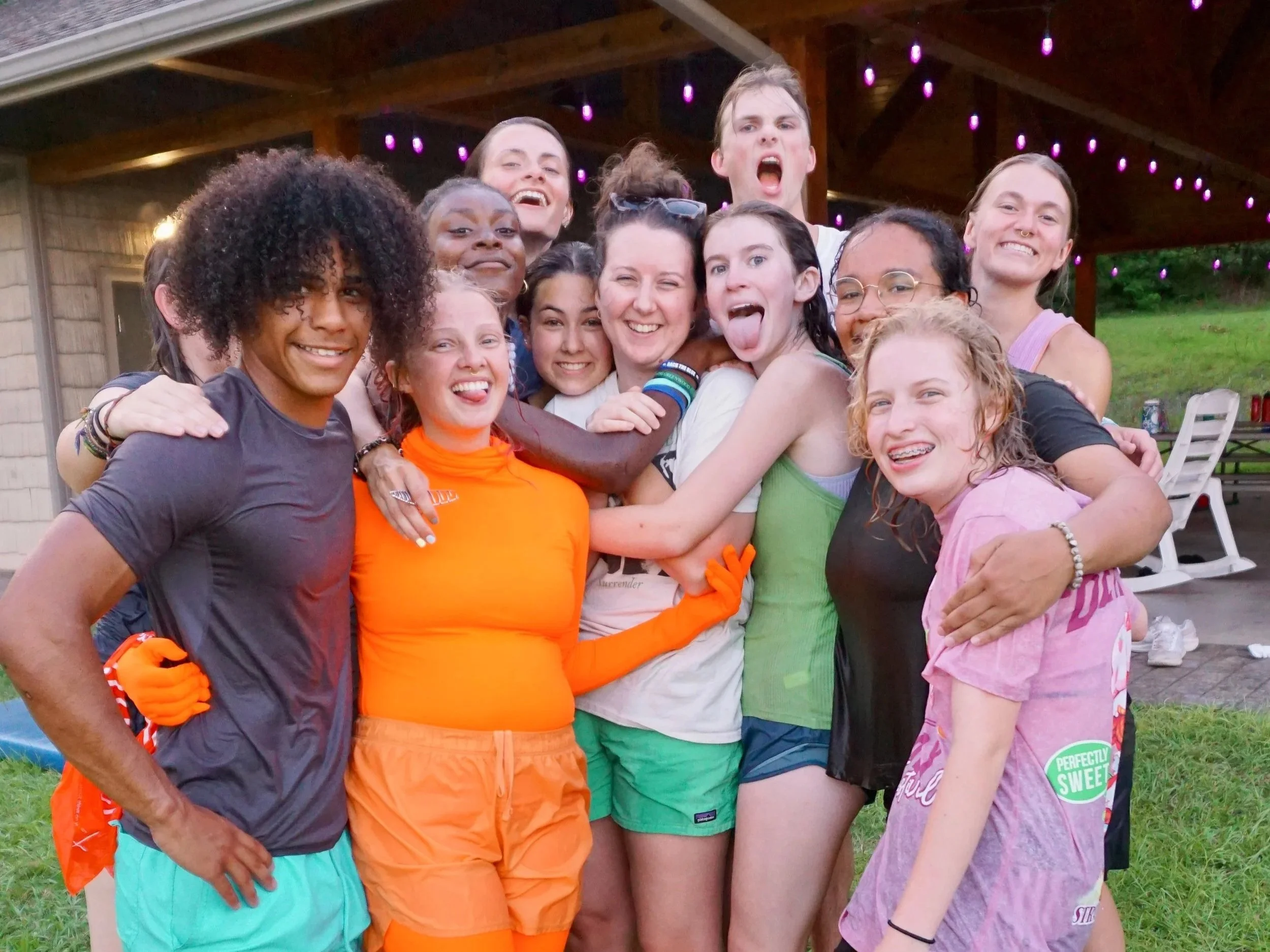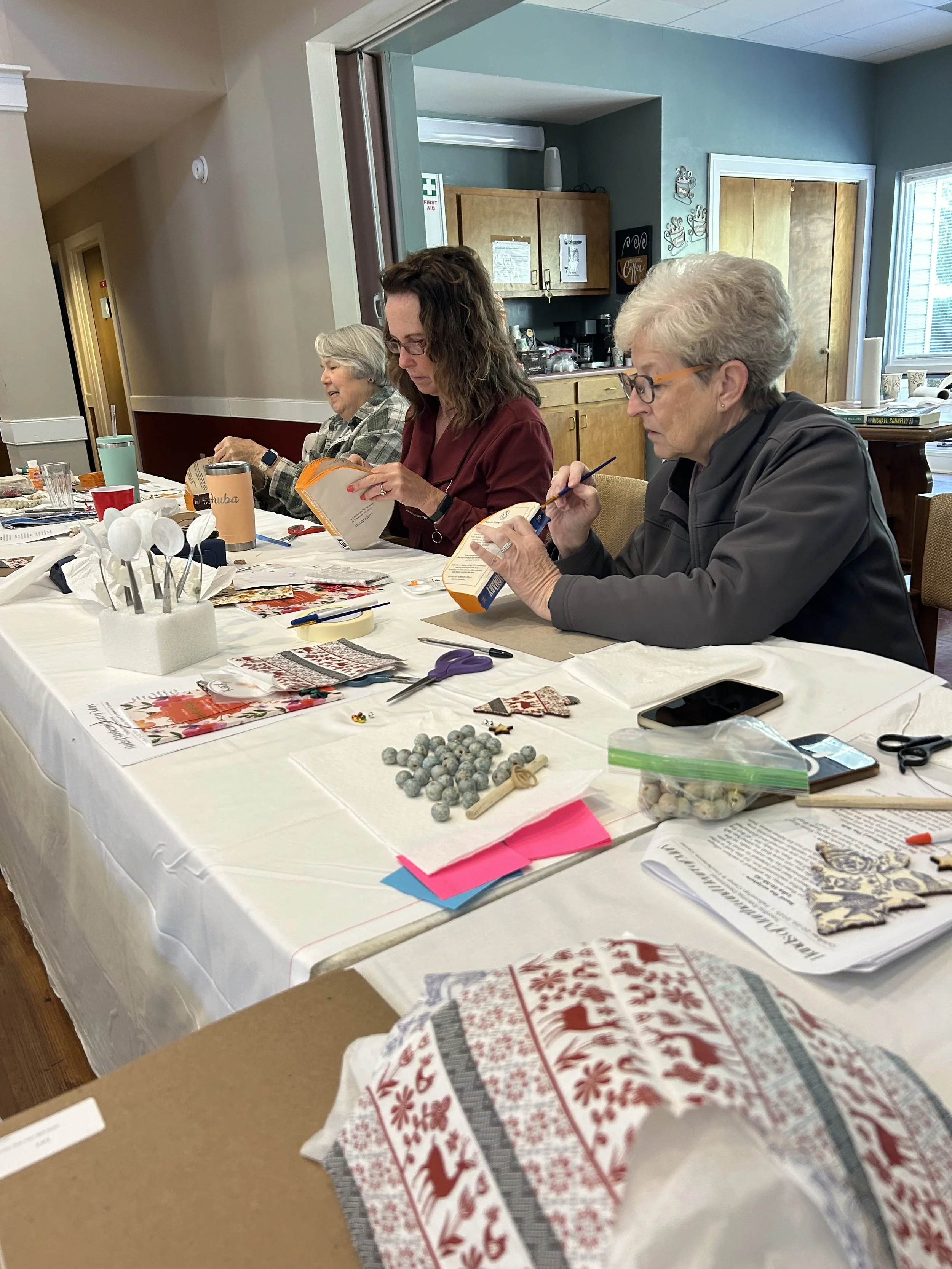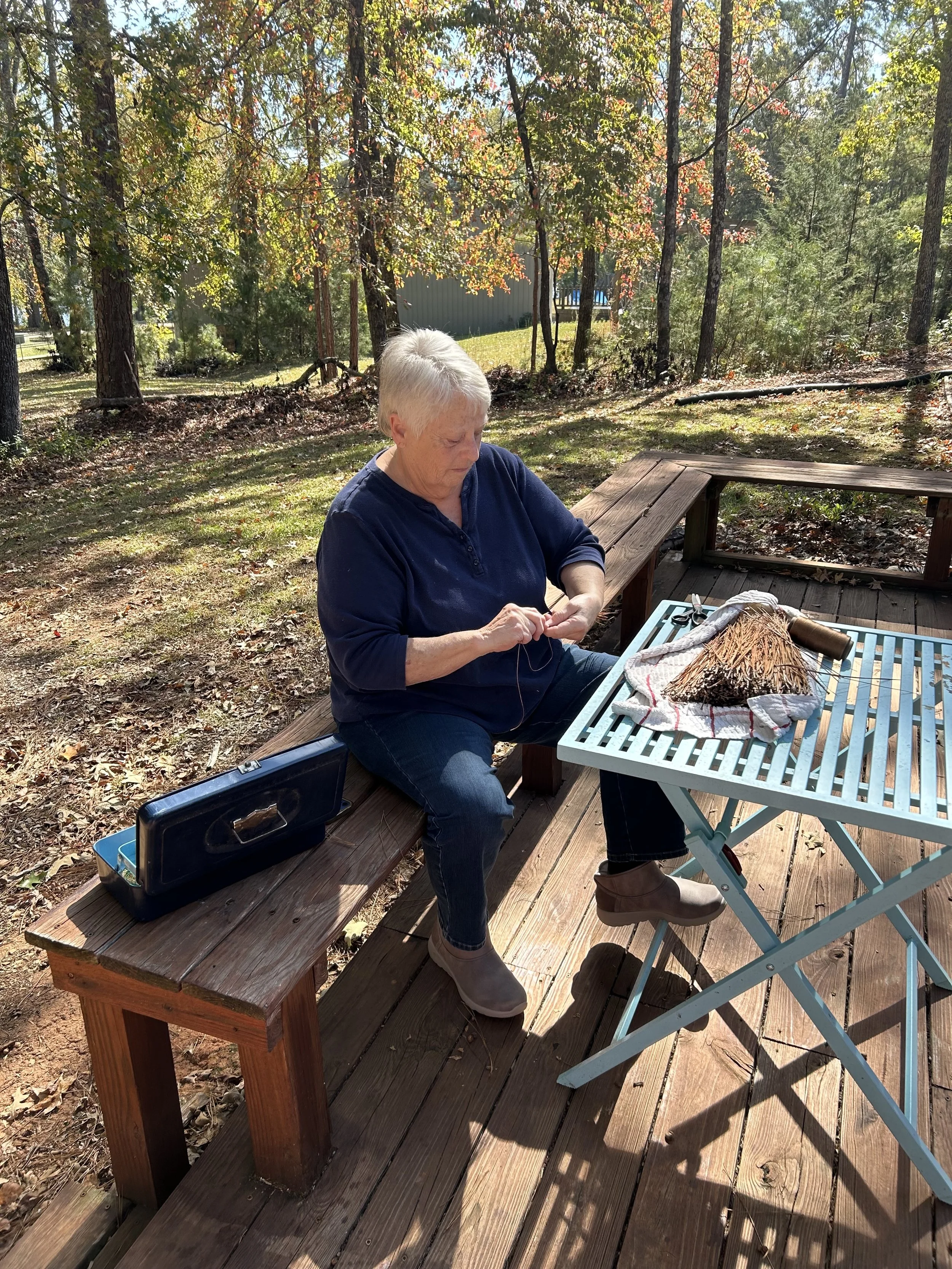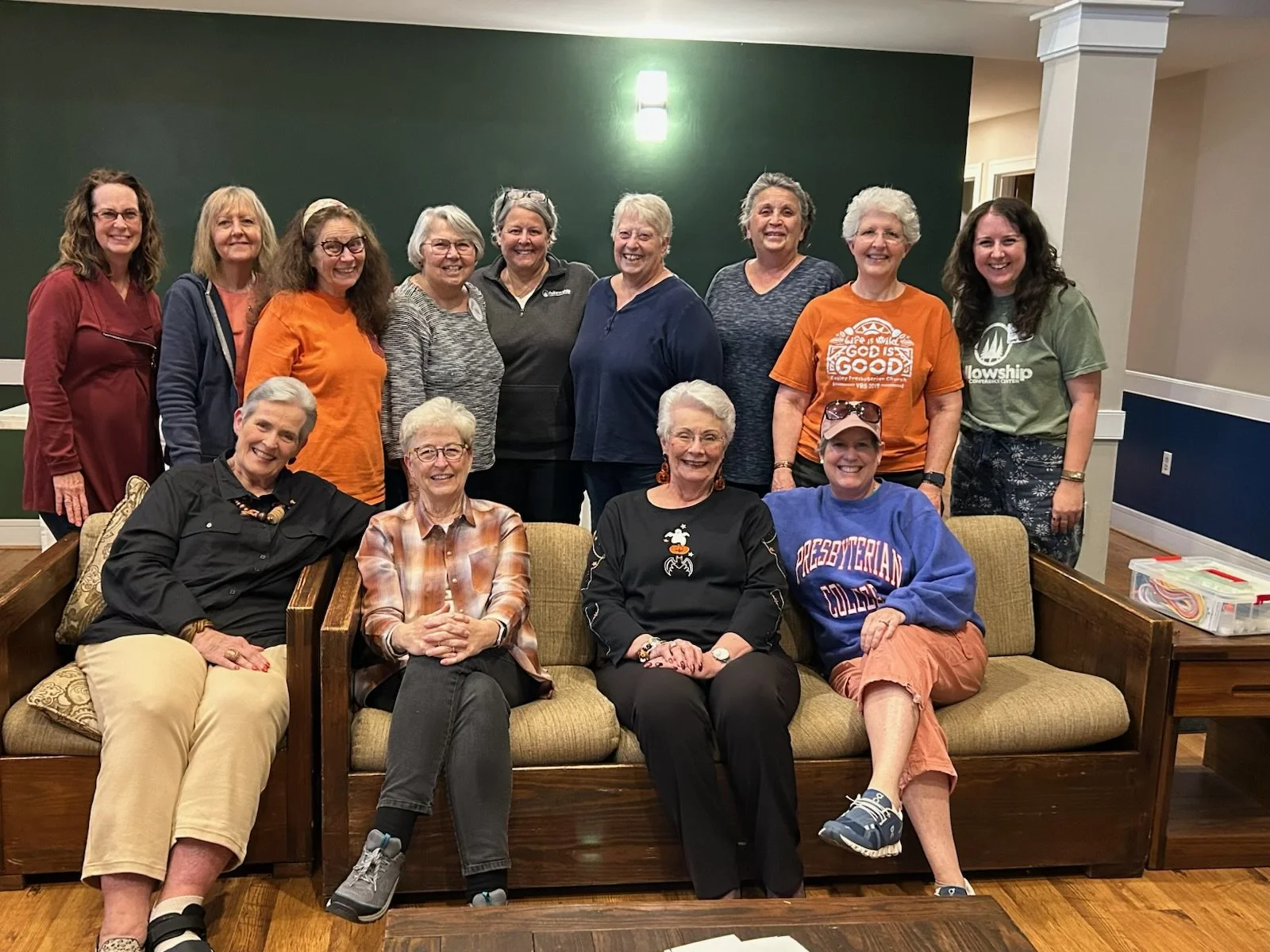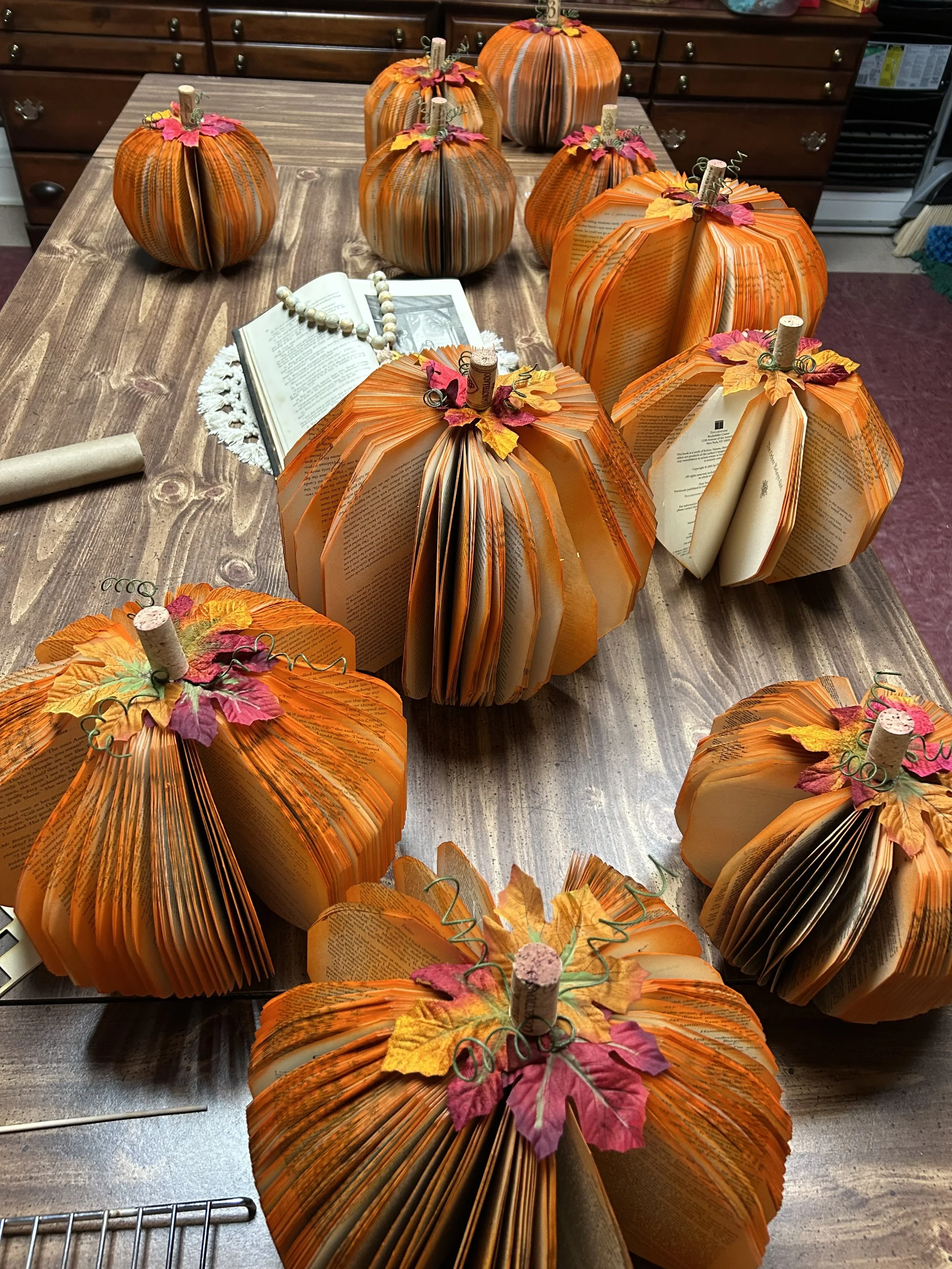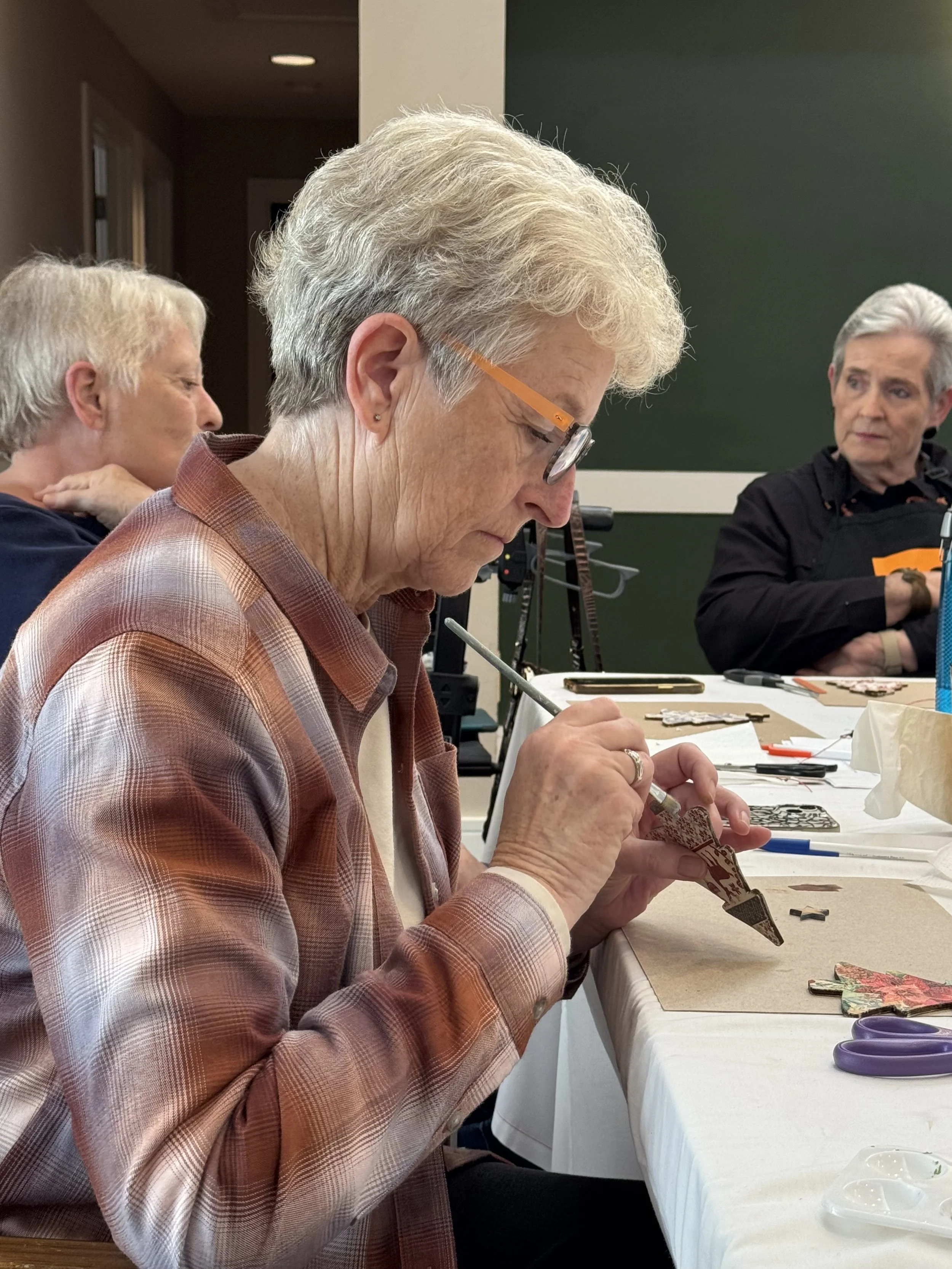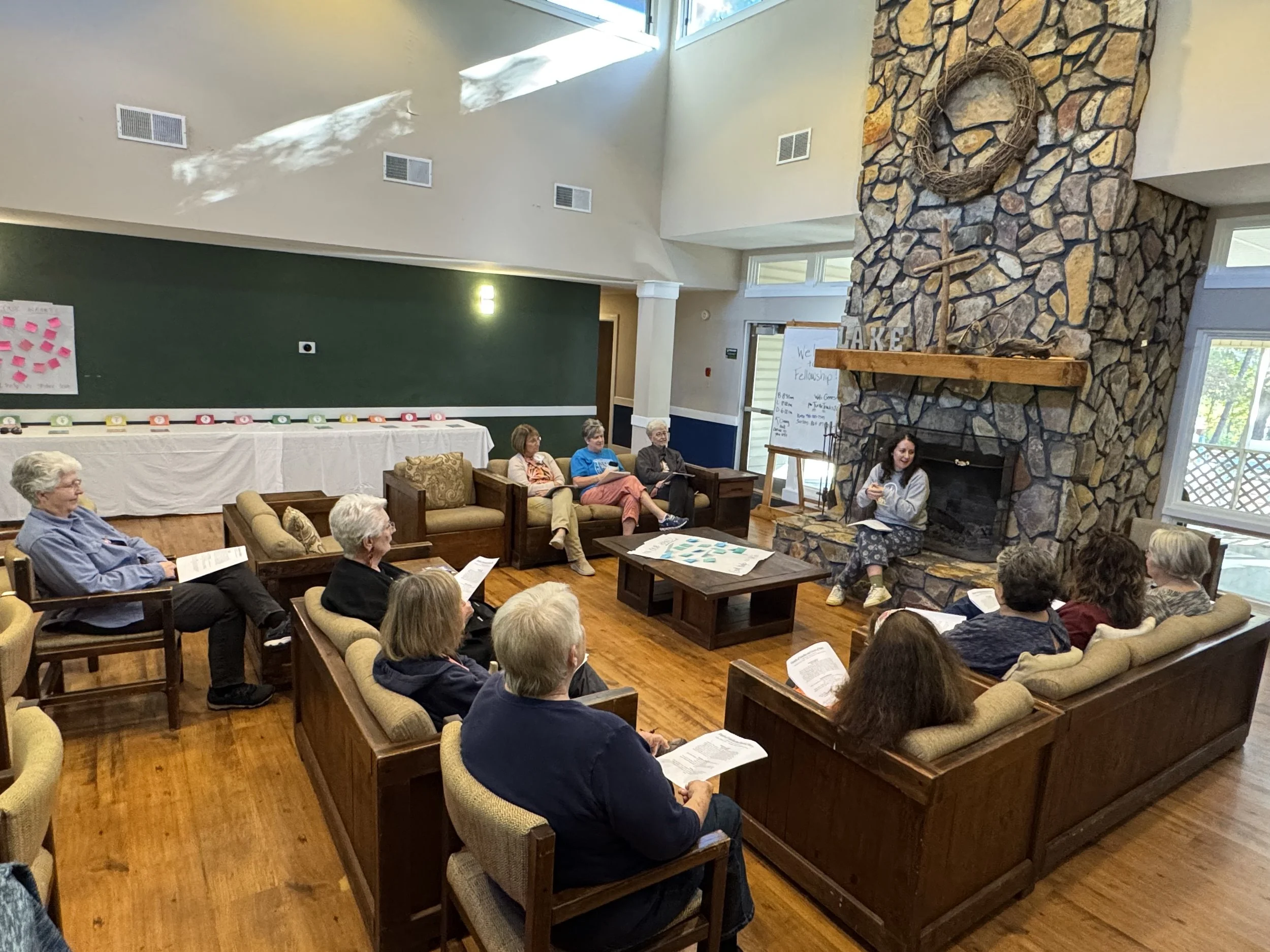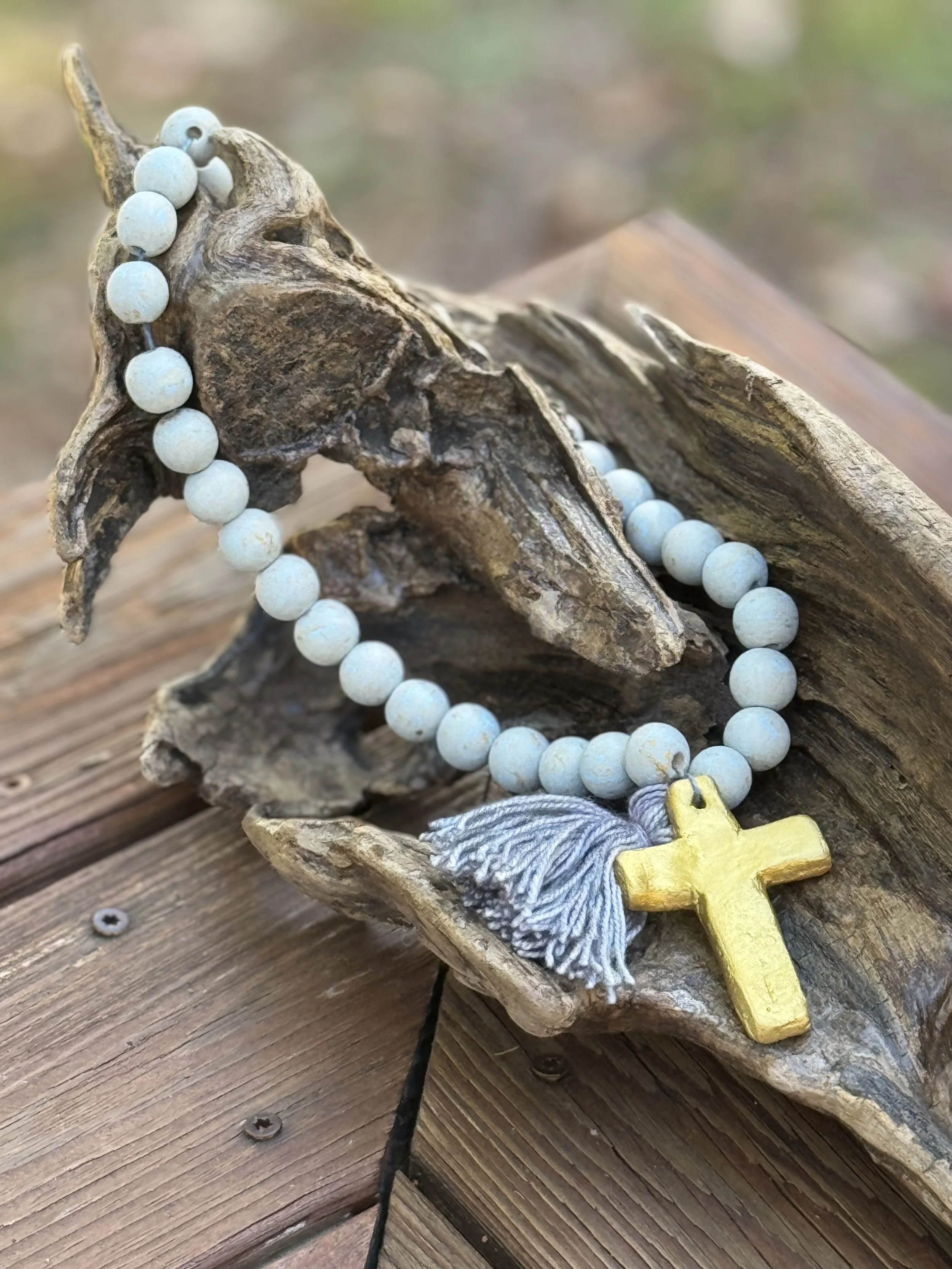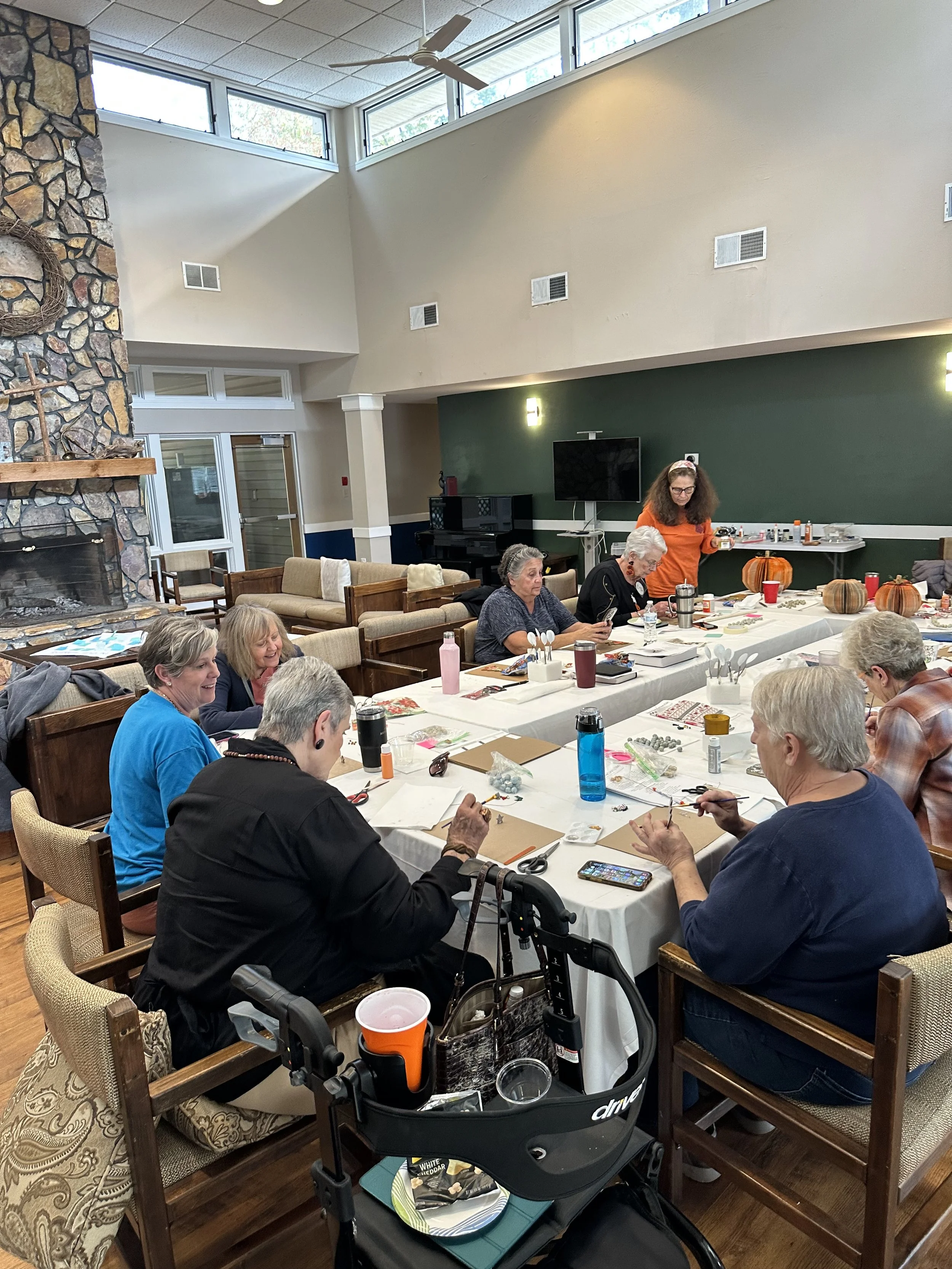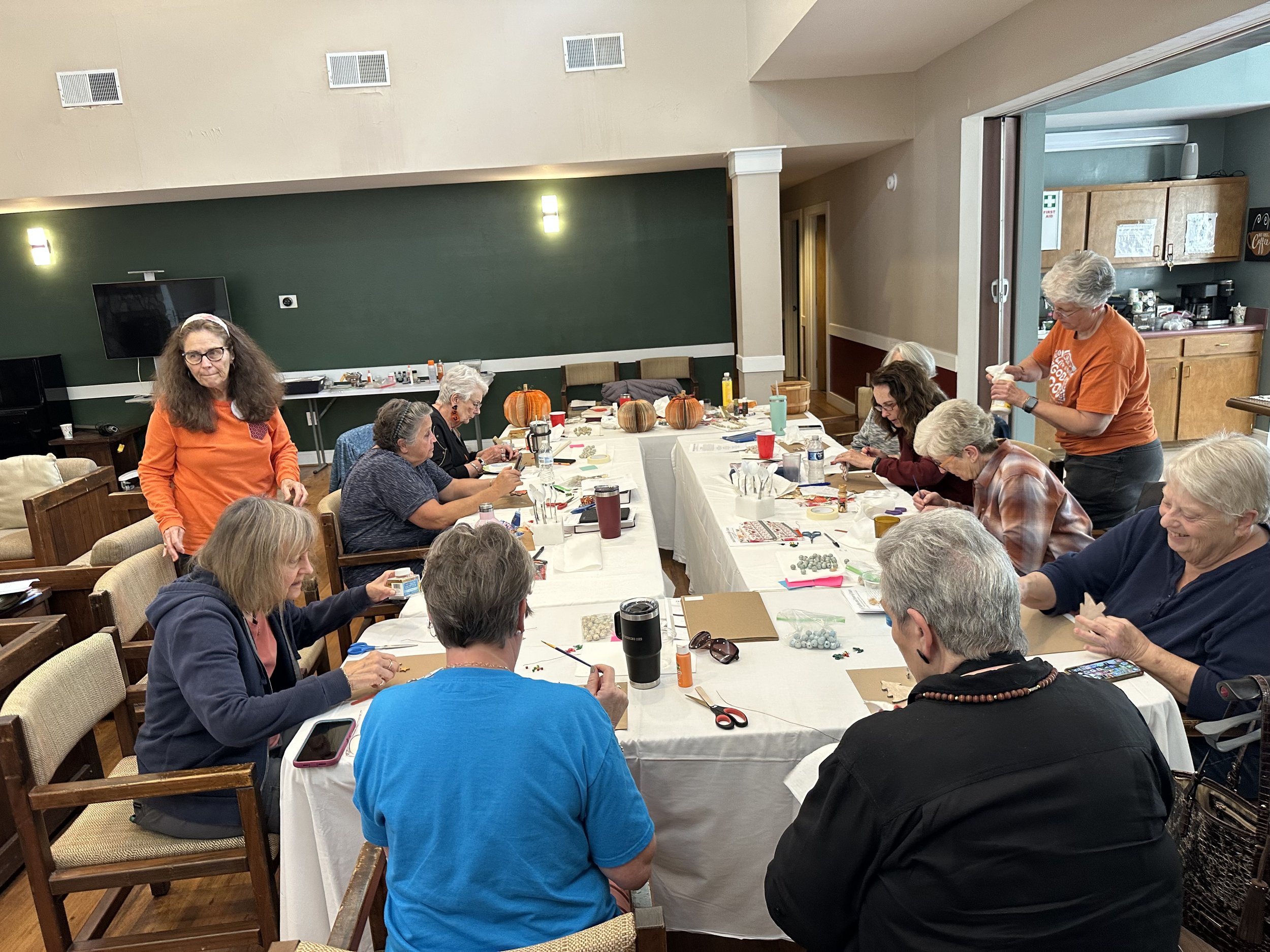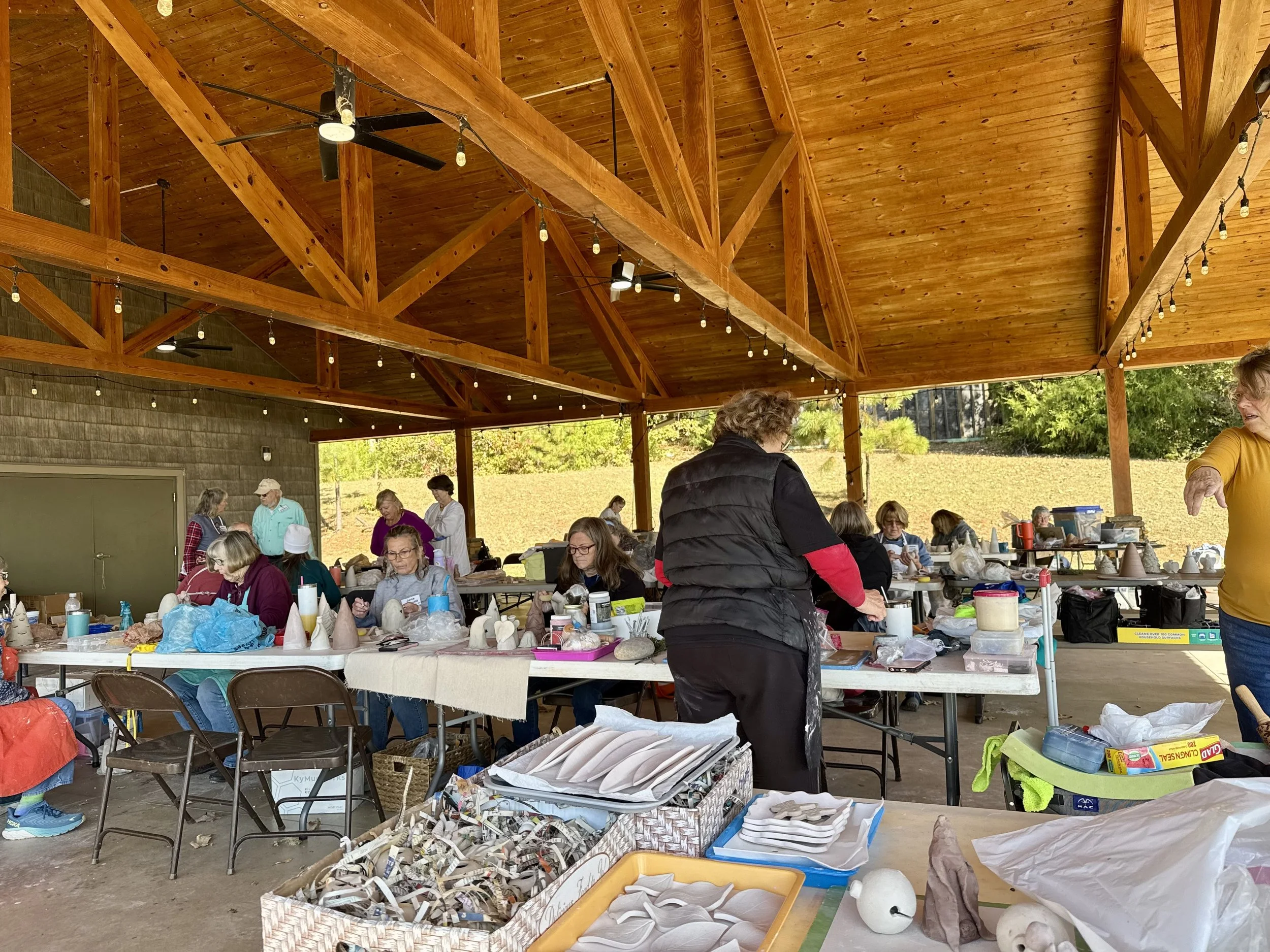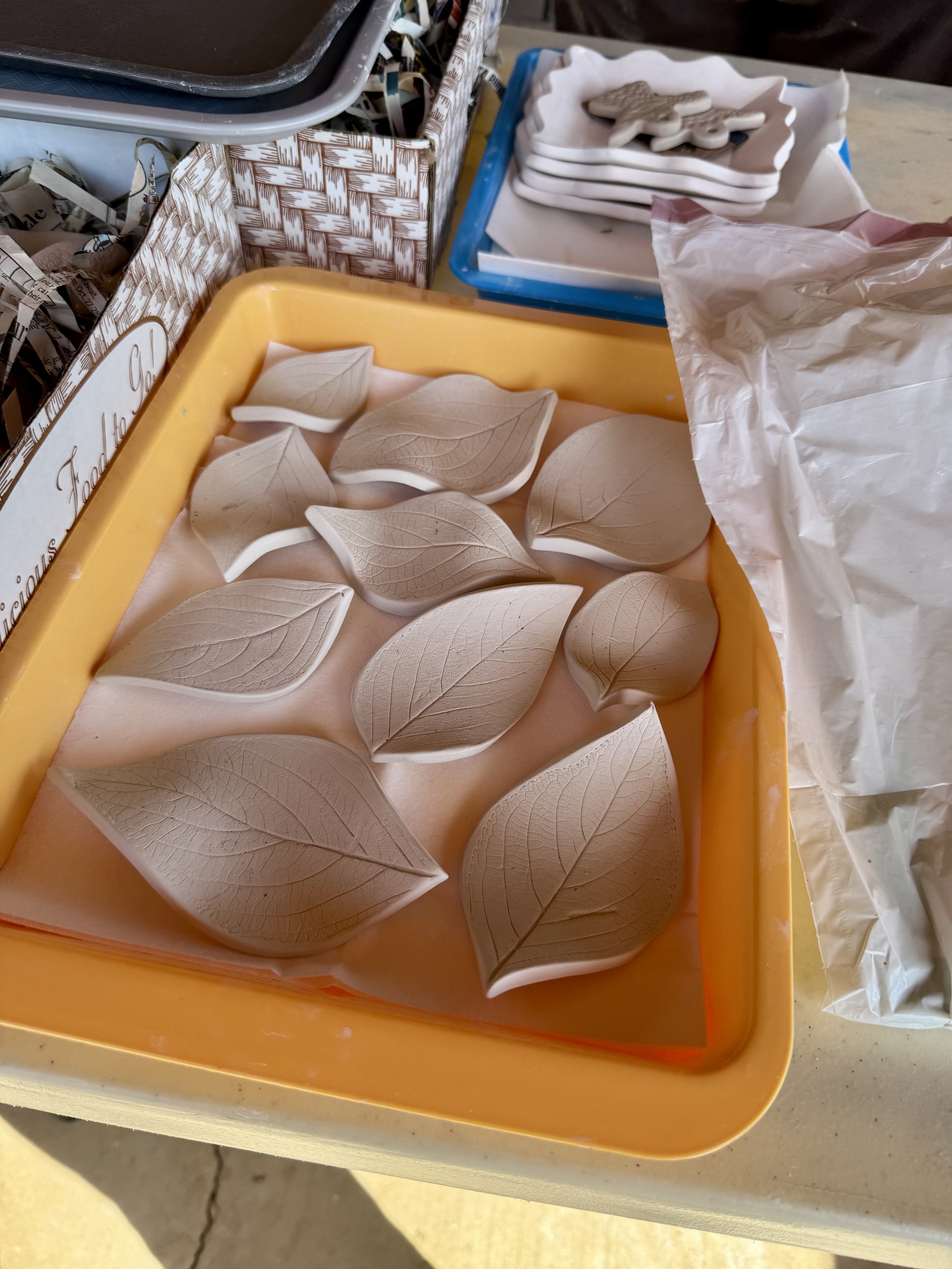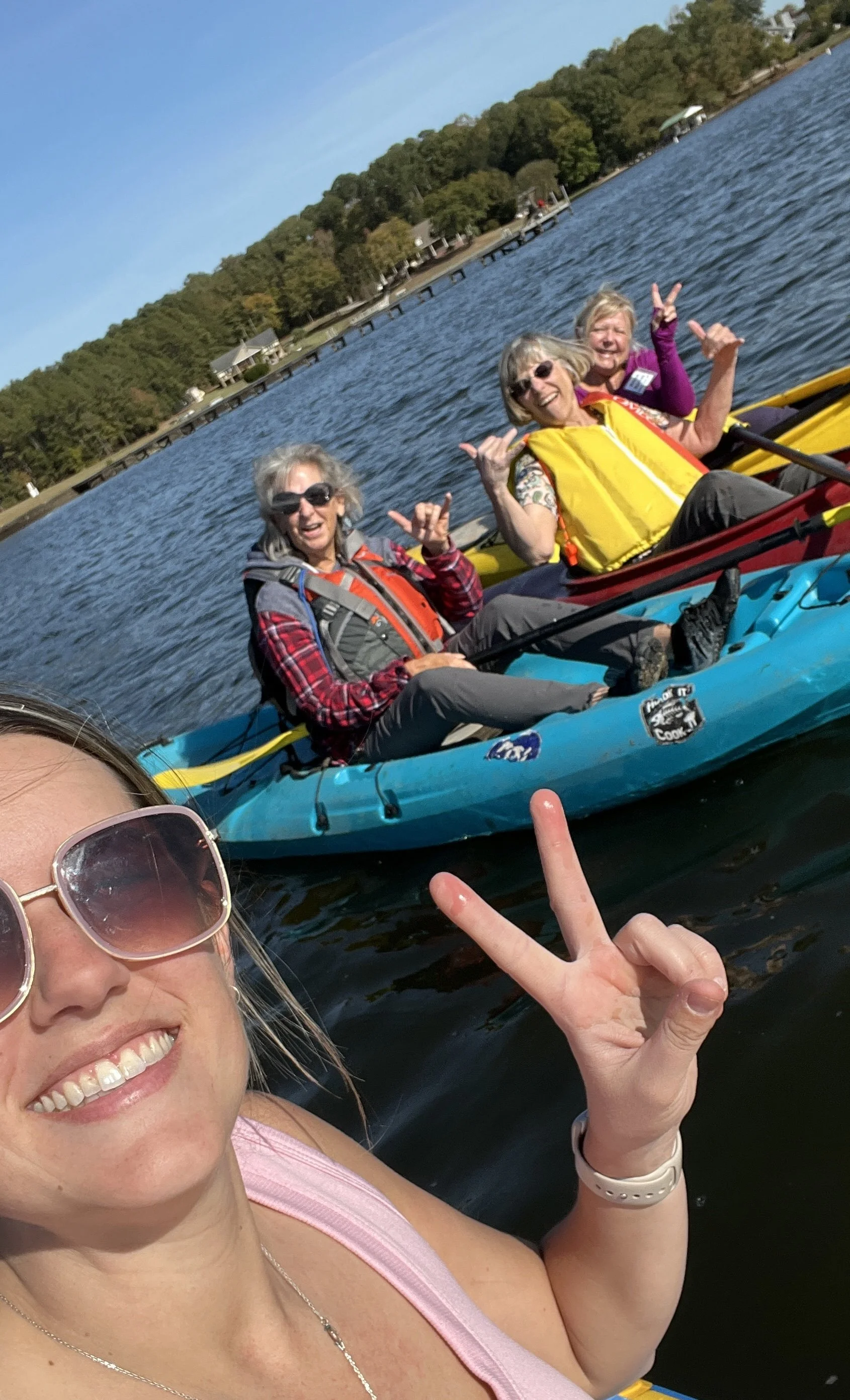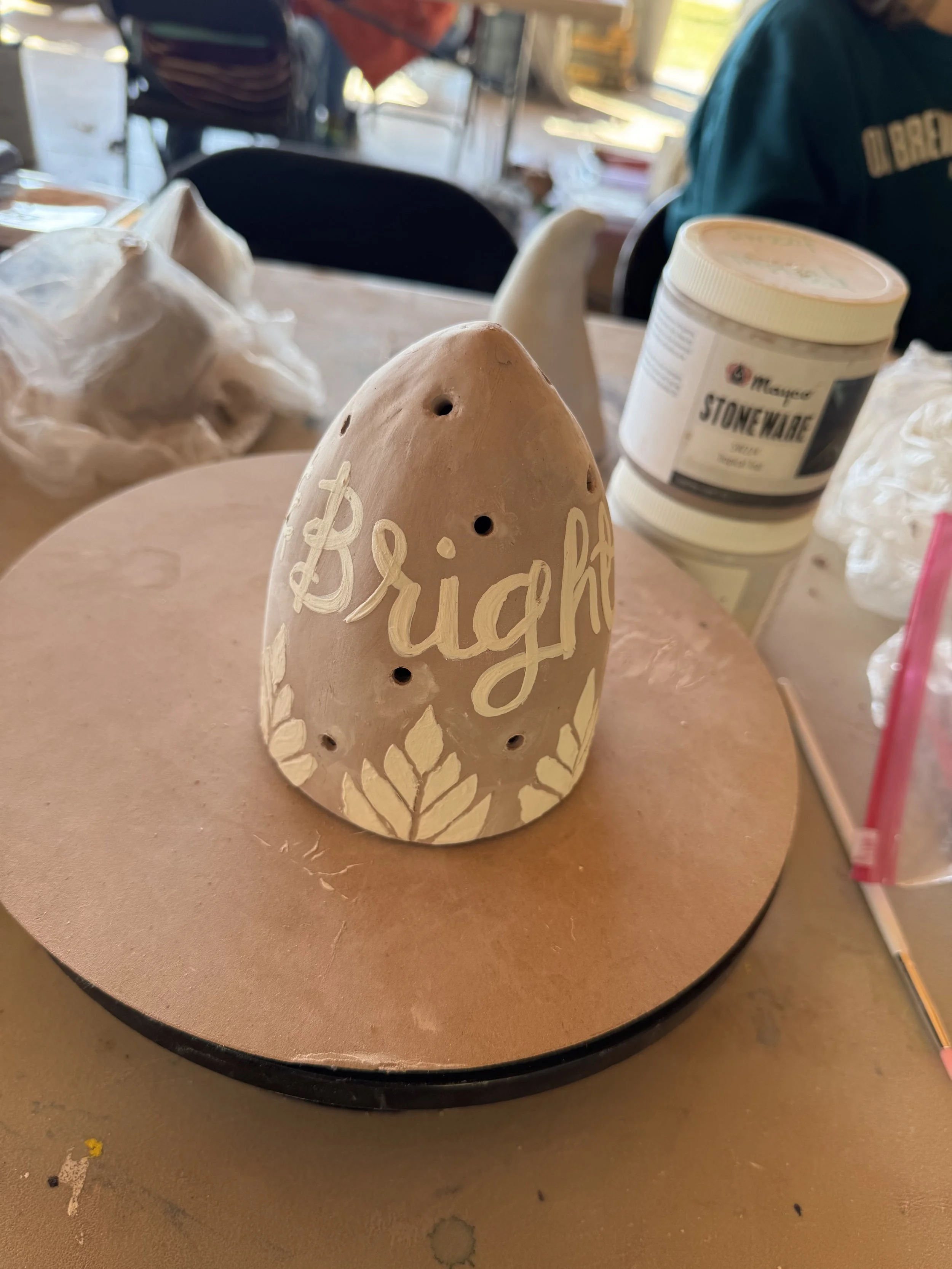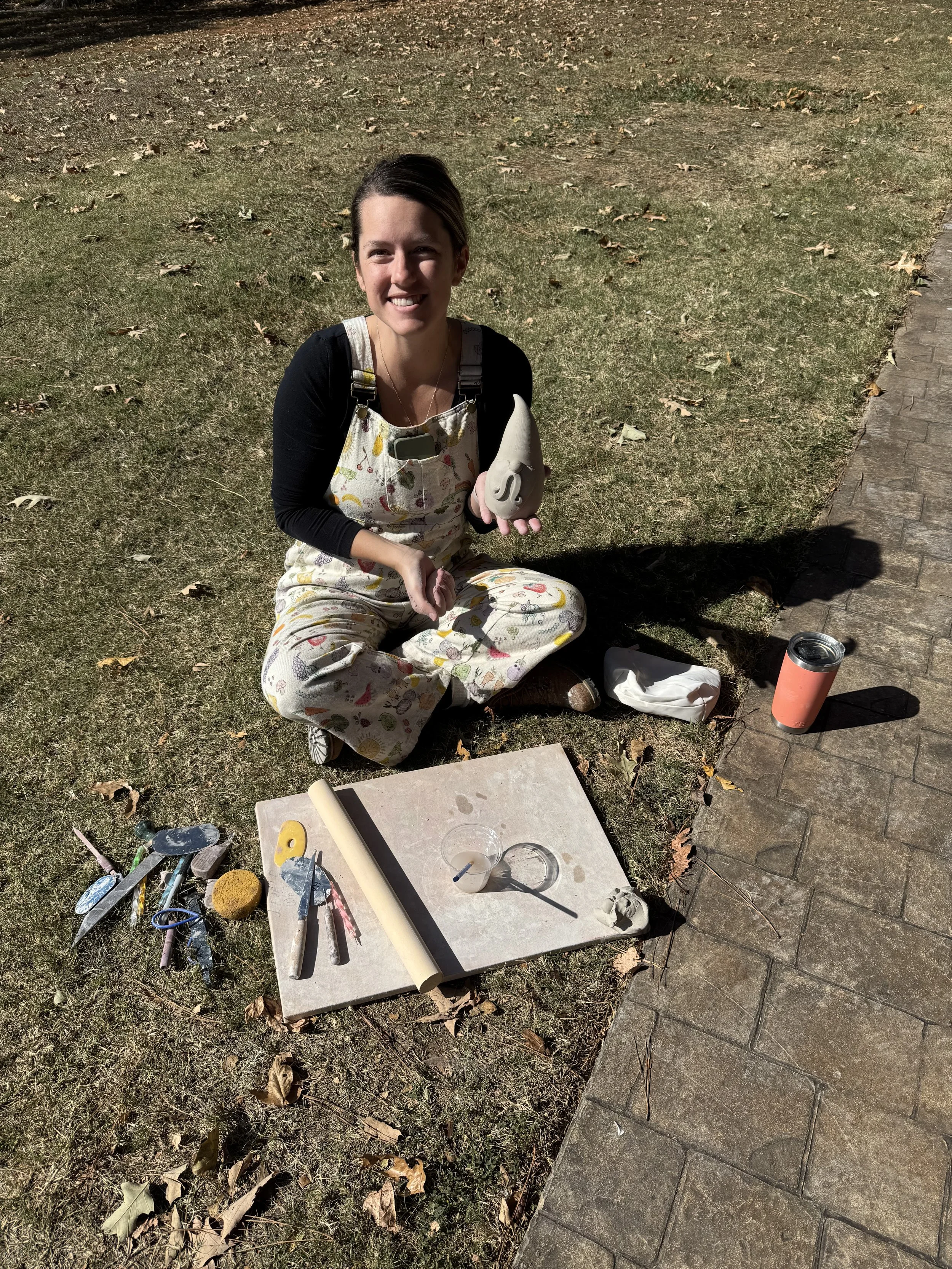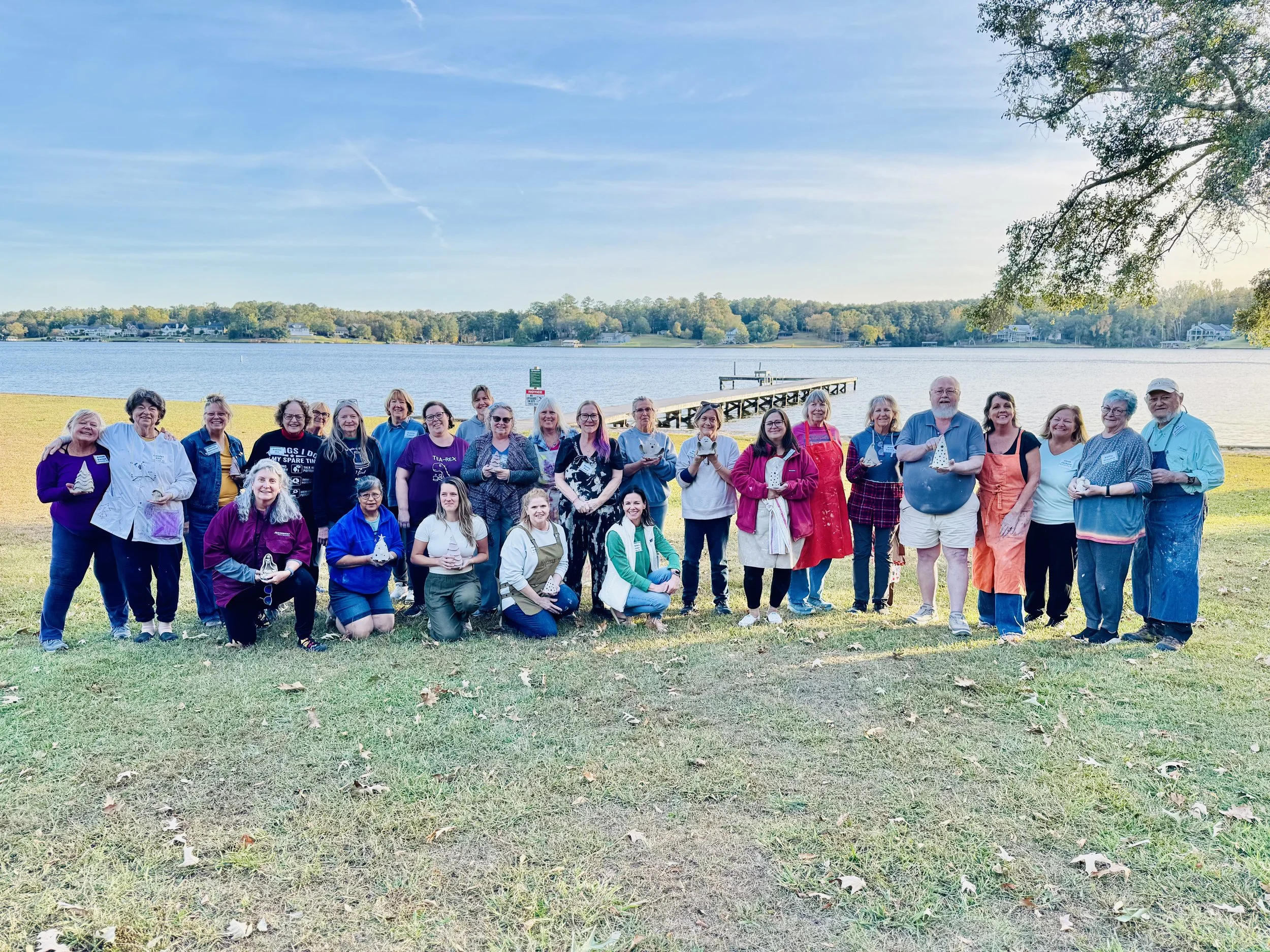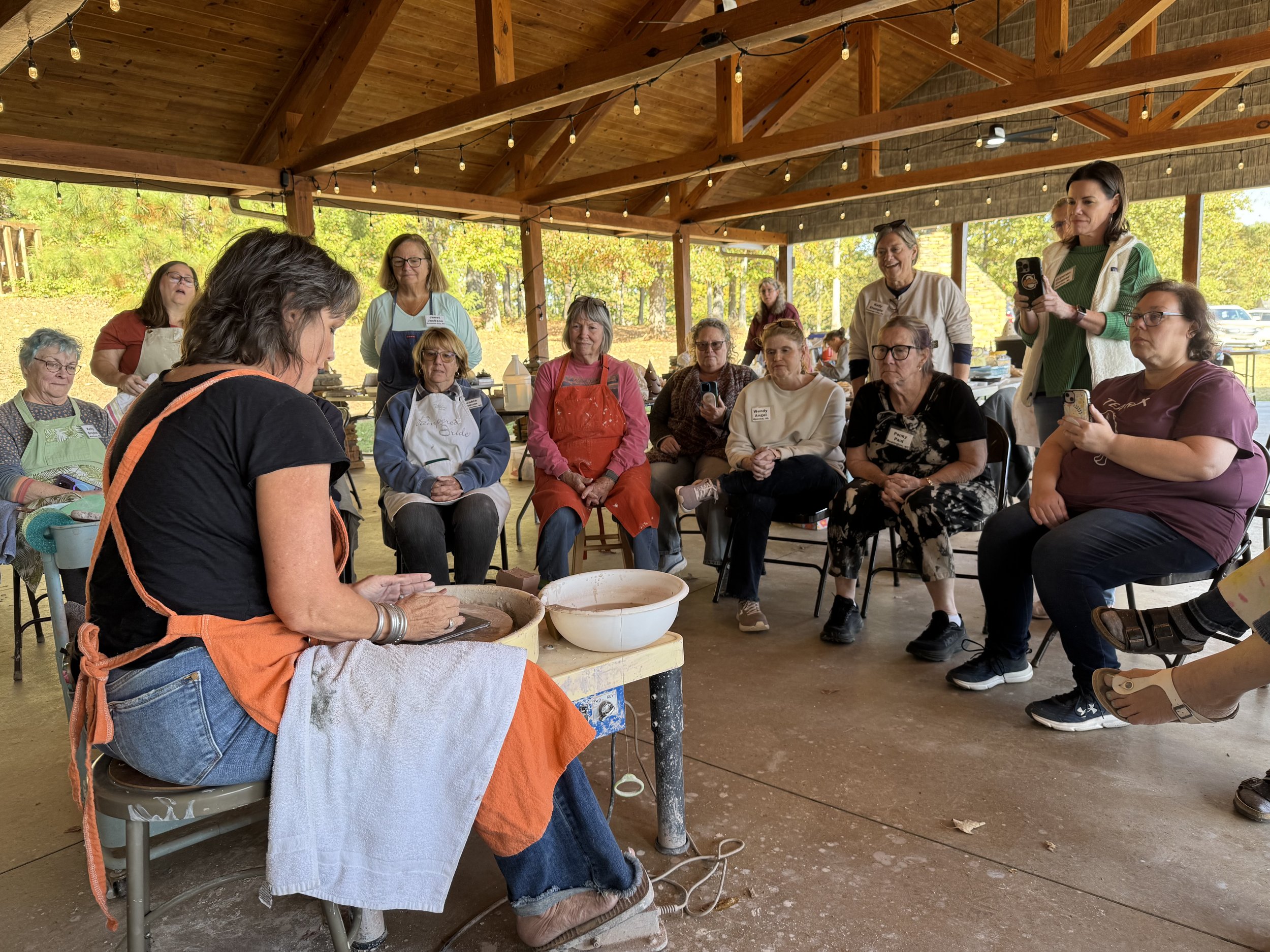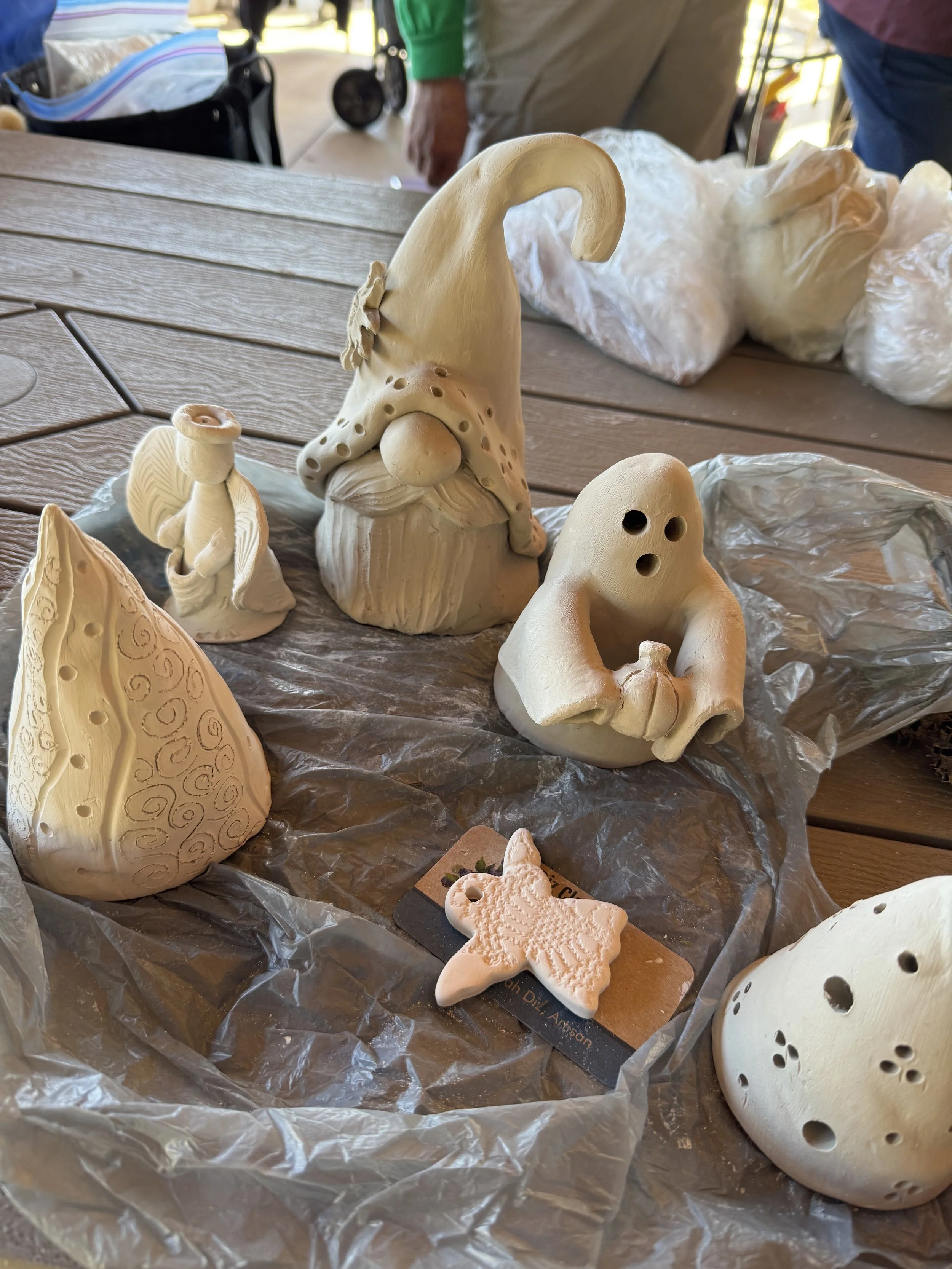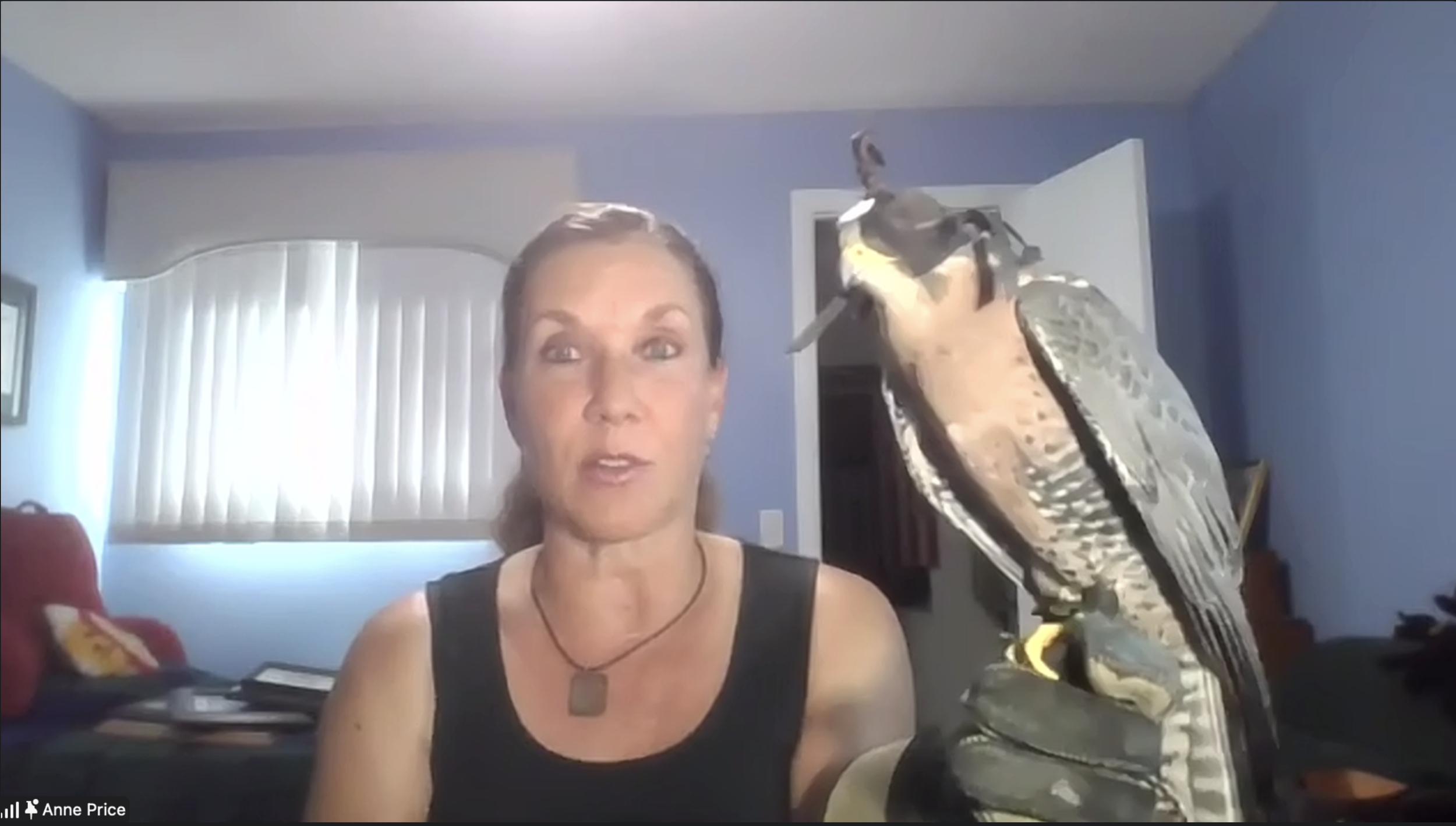Staff Reflections - Katie Henderson, Assistant Director of Programs
/Dear Camp Fellowship Community,
Fellowship has met and surpassed all my expectations as a first call into ministry. I am so thankful for my time in this sacred place, caring for community and creation. With the support of the staff, the board, and the community, I accomplished so much and leaned into my truest calling. I know that in the past three and a half years here at camp, God has shown up in ways that I could not imagine, both personally and professionally. I am thankful for the ways I have grown as a person because of this experience.
In March, I will be moving to Hannover, Germany, to work with the World Communion of Reformed Churches. I do not take lightly the experiences I have had here at camp, which have shaped my ecumenical heart and my call to care for the church at large. It is because of my work here at camp that I was introduced to the WCRC and able to connect and advocate for the shared mission. I am eager to continue learning and growing in my call to ministry, and I hope to remain a fierce advocate for camp and conference ministry wherever I find myself.
Here at Fellowship, ministry is shaped by the young and the young at heart. God’s voice is heard in the laughter of children splashing in the lake, a deep sigh of peace in the conference center, and prayers and songs around campfires. I am so grateful that this space has and will continue to provide a place where people can connect with God and each other. I know that Fellowship is a safe place, a home, a comfort to so many. Here, children are welcome to be children, and adults are asked to reclaim their title as “Children of God.”
Working alongside Kevin Cartee these past few years has been a gift. We never had problems to solve; we only ever had new creative challenges. Kevin invited me to be innovative in my thinking, imaginative in what might be possible, and hopeful for an abundant future. Kevin has and will continue to be a partner in ministry. Kevin instilled in me the importance of no job being too big or too small for any person. We replaced toilets, changed light fixtures in rainstorms, moved hundreds of tree branches, prayed over meals, fought the printer and internet, stared at spreadsheets, rearranged tables, and dreamed up partnerships. For a camp director, no job description could encompass it all. Not only is Kevin a kind and gracious leader, but his heart for hospitality goes above and beyond. I am so thankful to the entire Cartee/Silver/Priddy family for welcoming me to their family table. They all truly helped make South Carolina a home over the years.
To the campers and summer staff who allowed me to be a part of their summer memories. Thank you from the very bottom of my heart. You were a constant joy and a reminder of how thoughtful God is in creating each of us. You reminded me to stay silly, to practice patience, to slow down, to dance, to listen to the smallest voices, and to wake the birdies each morning. For years to come, I will tell stories of my summers on the shores of Lake Greenwood. To the families who entrusted the camp with the care of their children each summer, thank you for the immense privilege of sharing in your children's childhood. Camp is and continues to be a place where everyone is welcome, and it would not be possible without the trust of families to make the dream a reality.
Thank you for the many blessings I received from this place and community. Please know that this ministry will always be in my heart and prayers. The words from our closing worship song will guide me into this next chapter of life. “Go now in peace. May the love of God surround you, everywhere, everywhere you may go.”
Yours in faith and fellowship,
Katie Henderson
